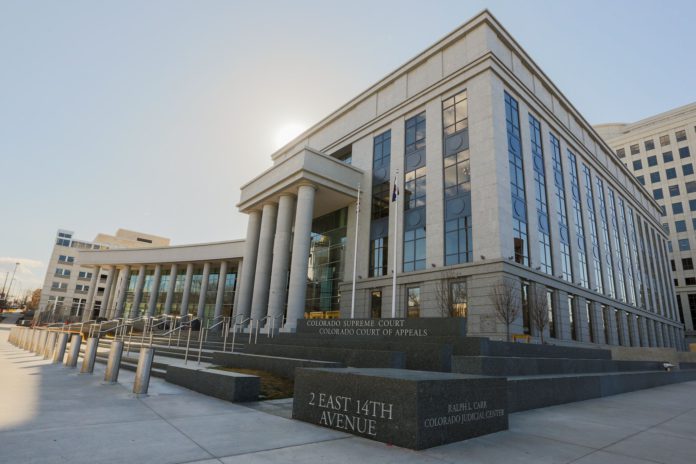

College campuses have pledged newcomers into sororities and fraternities for the past 200 years, and have since been popular social strata on college campuses. In the late 1940’s different sororities in Colorado brought 16 separate causes of action to court suing for damages caused by the unauthorized sale and manufacture of society-branded items to members. The 1949 Blanchard v. Griswold case backtracked on sorority and fraternity rights to stipulate who can sell and manufacture exclusive branded items.
According to the 1949 opinion, the sororities alleged that they were not incorporated entities and were instead fraternal secret orders that had official insignia exclusive for members only to purchase and wear. The sororities relied on a statute that protected the manufacturing and sale of society insignia.
The case made it to the Colorado Supreme Court, which ultimately ruled that the statute didn’t preclude manufacturers from making the badges or branded insignia. The court noted that each sorority constitution was free to set rules and urge members to purchase from the manufacturers they wanted.
The 1949 opinion said the statute specified “counterfeit,” “sale” and “wear,” and not the more inclusive or specific phrasing the sororities wanted. Ultimately it ruled the act didn’t present a broad enough rule to specify use of such products outside of sorority constitutions. The court also said the damages of what would be just over $1,000 today wasn’t high enough to warrant irreparable damage as required by the statute.
While the court did agree that selling sorority-branded products to nonmembers would have caused some confusion and may have been grounds for a reversal, it also showed that all the sales were to existing members.
Blanchard v. Griswold has been cited eight times in similar cases. The case established that “in construing a statute, ordinary import of language controls unless clear showing of contrary intent appears,” according to a 1975 state Supreme Court opinion in American Metal v. Butler.
– Jess Brovsky-Eaker

